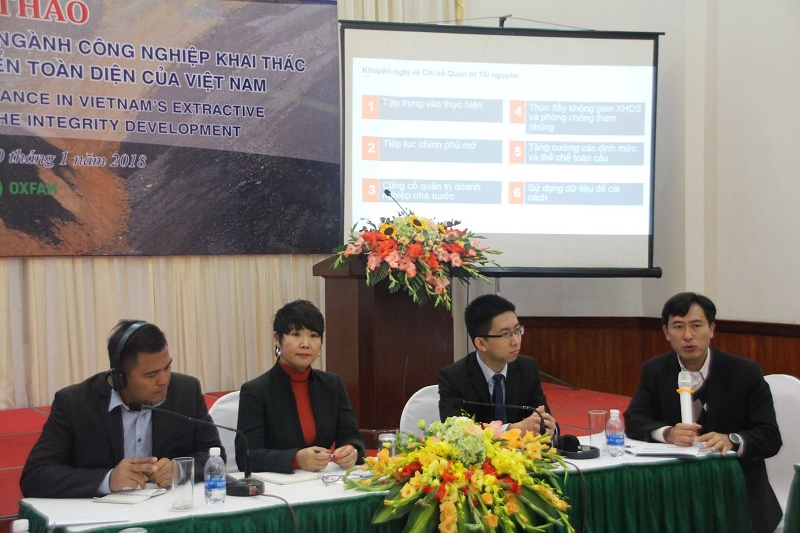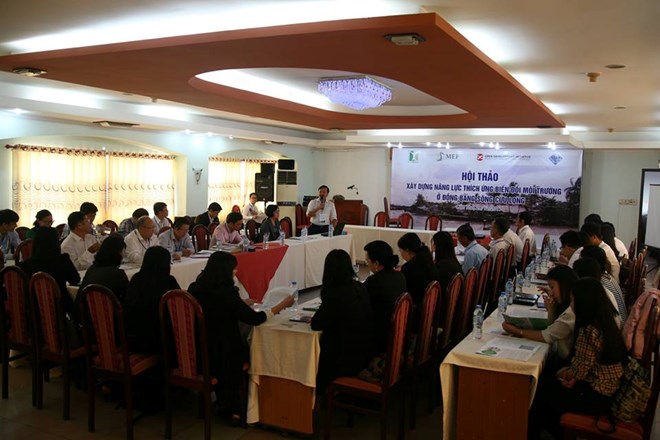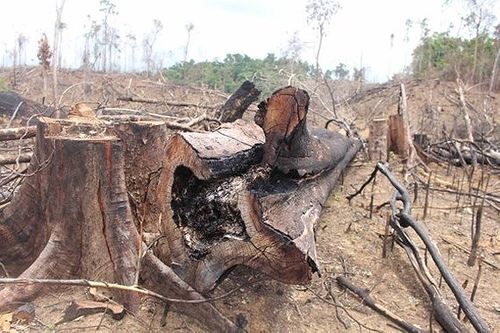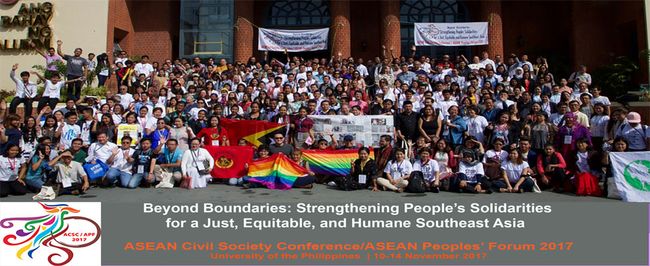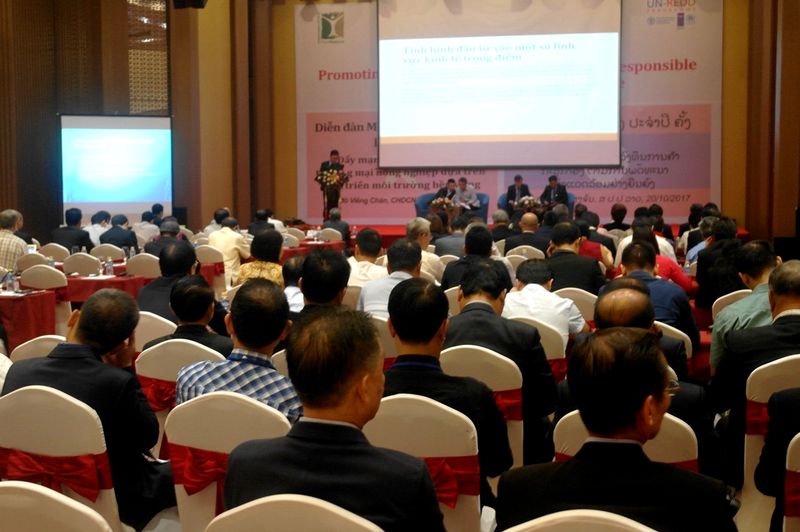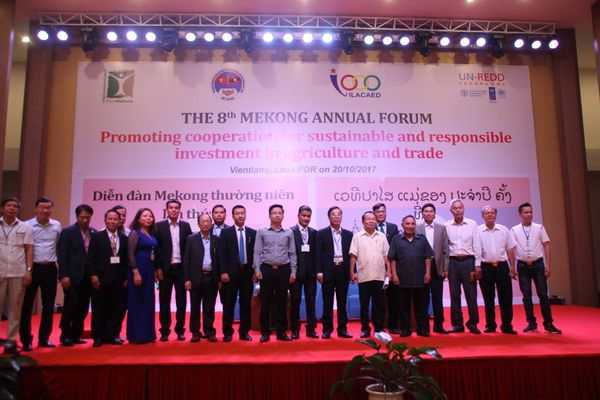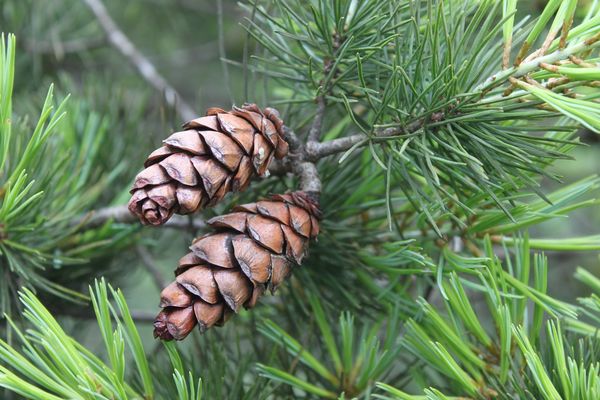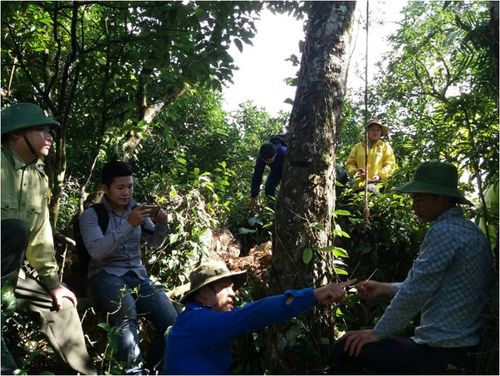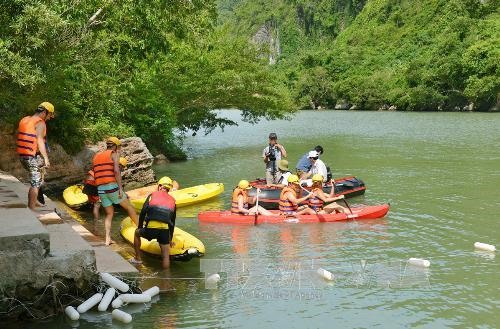Workshop on Promoting Effective Governance of the Mining Industry
In order to introduce the Resource Management Index and assessment results on minning industries in 2017, discuss the current situation and efforts to innovate the effective governance model of Vietnam's mining industry, 30 January, Vietnam Mining Coalitionand and PanNature in collaboration with the Natural Resource Governance Institute (NRGI) to organize the workshop “Promoting Effective Governance of the Mining Industry” to promote effective governance of the mining industry in Vietnam.

